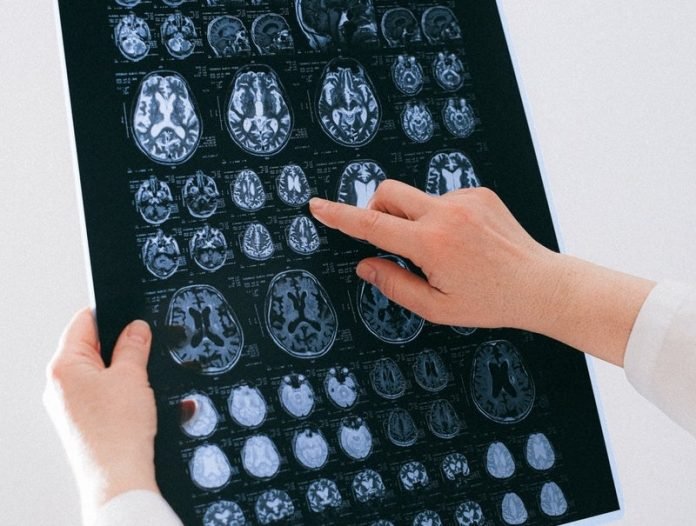
In a new study from Kaunas University, Lithuania, researchers developed a deep learning-based method that can predict the possible onset of Alzheimer’s disease from brain images with an accuracy of over 99%.
The method was developed while analyzing functional MRI images obtained from 138 people and performed better in terms of accuracy, sensitivity and specificity than previously developed methods.
According to World Health Organisation, Alzheimer’s disease is the most frequent cause of dementia, contributing to up to 70% of dementia cases.
Worldwide, approximately 24 million people are affected, and this number is expected to double every 20 years. Owing to societal aging, the disease will become a costly public health burden in the years to come.
One of the possible Alzheimer’s first signs is mild cognitive impairment (MCI), which is the stage between the expected cognitive decline of normal aging and dementia.
Based on the previous research, functional magnetic resonance imaging (fMRI) can be used to identify the regions in the brain which can be associated with the onset of Alzheimer’s disease.
The earliest stages of MCI often have almost no clear symptoms, but in quite a few cases can be detected by neuroimaging.
In the study, the team developed the deep learning-based model to classify functional MRI images obtained from 138 people.
The images fell into six different categories: from healthy through the specter of mild cognitive impairment (MCI) to Alzheimer’s disease.
The model was able to effectively find the MCI features in the given dataset, achieving the best classification accuracy of 99.99%, 99.95%, and 99.95% for early MCI vs. AD, late MCI vs. AD, and MCI vs. early MCI, respectively.
Although this was not the first attempt to diagnose the early onset of Alzheimer’s from similar data, the main breakthrough is the accuracy of the algorithm.
According to the team, the algorithm could be developed into software, which would analyze the collected data from vulnerable groups (those over 65, having a history of brain injury, high blood pressure, etc.) and notify the medical personnel about the anomalies related to the early onset of Alzheimer’s.
The team says that the above-described model can be integrated into a more complex system, analyzing several different parameters, for example, also monitoring eye movements’ tracking, face reading, voice analyzing, etc.
Such technology could then be used for self-check and alert to seek professional advice if anything is causing concern.
If you care about Alzheimer’s disease, please read studies about this new drug may prevent Alzheimer’s disease effectively and safely and findings of these 2 personality traits may protect you from Alzheimer’s disease and more.
For more information about Alzheimer’s and your health, please see recent studies about your eyes can show early warning for Alzheimer’s disease and results showing a simple tool to predict your risk of Alzheimer’s.
The study is published in Diagnostics. One author of the study is Rytis Maskeliūnas.
Copyright © 2021 Knowridge Science Report. All rights reserved.



